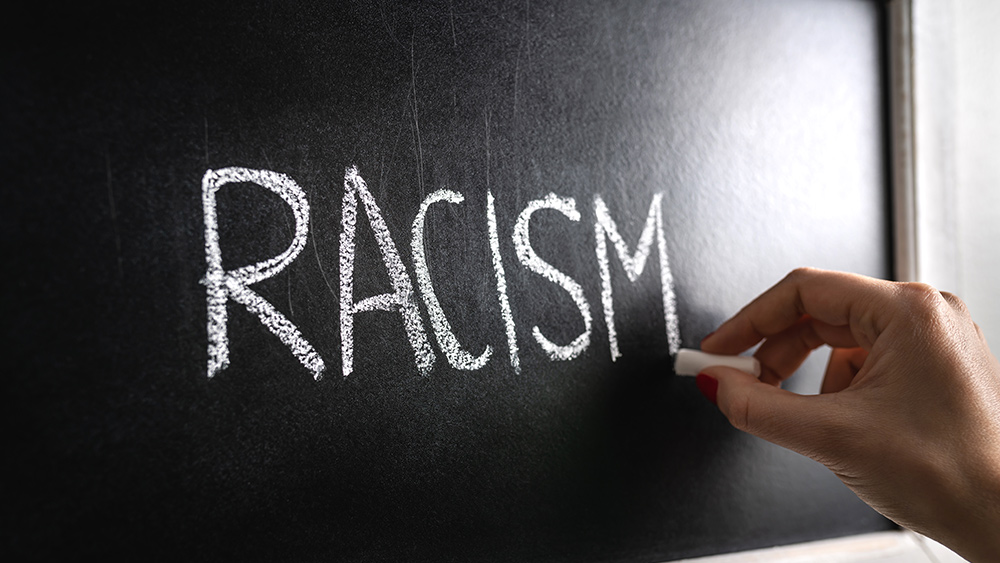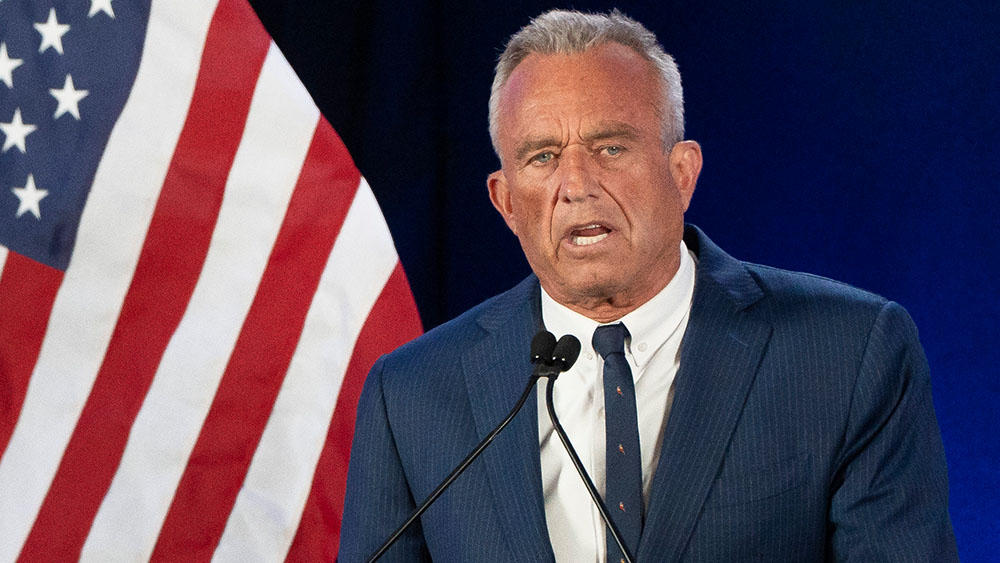
(Article by Jonathan Turley republished from JonathanTurley.org)
During the Supreme Court oral arguments over affirmative action, Harvard’s counsel Seth Waxman struggled with an argument that race consideration was needed to maintain current admissions for minorities. Yet, he also maintained that it was not a major factor and that the consideration of race with regard to Asian students produced only a “slight disparity” and “had no effect with respect to outcomes.”
It was no easy argument. As in past cases, the Court was assured that it was just one of a number of “tips” that was not substantial in the decisions. Yet, after the Court barred the use of race criteria, schools are now arguing that it will make a massive difference and substantially reduce minority admissions.
Since the 1970s, the Supreme Court has ruled that race could not be a determinative or major factor in admissions. In Regents of the University of California v. Bakke, the Court ruled against affirmative action. In his plurality decision, then-Justice Lewis F. Powell Jr. stopped short of barring the use of race in admissions entirely. Instead, he cited Harvard University’s admissions policy as an example of how race can be one of a number of diversity elements.
In the 2003 decision in Grutter v. Bollinger, the Court upheld Michigan’s use of race but then-Justice Sandra Day O’Connor cautioned that the court “expects that 25 years from now, the use of racial preferences will no longer be necessary to further the interest approved today.” That was 20 years ago.
Since that time, universities have insisted that they only use race as one of many factors and that it does not carry the determinative weight rejected in Bakke. For decades, universities and colleges maintained this difficult line of downplaying the importance of race in admissions.
However, even the limited use of racial classifications continued to divide the Court for decades. In 2017, Chief Justice John Roberts declared: “The way to stop discrimination on the basis of race is to stop discriminating on the basis of race.”
In his decision last week, Roberts noted that minority students could still raise their own individual struggle with racial discrimination in essays, but that schools cannot employ threshold classifications to give an advantage or disadvantage because of race.
Many of us support efforts to maintain diverse classes and see the value of such diversity in the education process. I have found economic diversity to be one of the most important elements to my classes. Students who come from lower income families often have a sharply different view on many of the issues that we discuss in our classes.
Yet, it is the frank discussion of the racial criteria that is so interesting in the aftermath of the decision. Many now insist that racial criteria was determinative in a large number of applications. The latest was State University of New York (SUNY) system Chancellor John B. King, Jr. who gave a strikingly conflicted account on NPR that was not challenged in the interview.
On Friday’s broadcast of NPR’s “Morning Edition,” King stated that an admissions process based only on individual merit would result in “fewer black and Latino students on campuses.” Yet, at the same time, he insisted that use of individual merit alone would not impact white or Asian students.
He told host Steve Inskeep:
“Yeah. Again, I think they’re misrepresenting how the admissions process works. There are policies at Harvard, for example, where students are admitted because they are legacies, because they’re one of multiple generations in their family to go to Harvard. There are students who are admitted because they’re a tuba player. There are students who are admitted because they’re great lacrosse players. And so, there [are] a range of factors as universities try to build a diverse class.”
King then emphasized “by removing the tool of race-conscious admissions, the evidence is it results in fewer black and Latino students on campuses.”
Of course, a minority student who plays the tuba can still get that “tip” with other indications of individual merit separate from racial classifications. Minority students clearly have similar “tips” based on individual merit from achievements in tuba to tennis to trigonometry. If the factor was given no more weight than a tuba talent, one would think that the drop in admissions would not be as severe given a myriad of other qualifications or tips in applications.
Soon after the decision, California Gov. Gavin Newsom objected to the ruling in saying that admitting students solely based on their individual merits, without considering race, would result in a massive drop in minority admissions.
Likewise, over at The Nation, Elie Mystal insisted that, without factoring in race, minority admissions always drop: “In California, which ended its affirmative action policies over 25 years ago, the studies show that, without affirmative action, Black enrollment plummets, Latino enrollment plummets.” He insisted that this was a victory for “mediocre white people.”
[Mystal later attacked Justice Thomas on MSNBC, describing Thomas as a “mutilated version of a black justice” who just did whatever his wife, who is white, tells him to do. Rather than accept that Thomas holds opposing constitutional views, Mystal insisted “he doesn’t want to see anything that Ms. Ginni tells him he shouldn’t be able to see.”]
The difference between the arguments and the aftermath of the affirmative action decision is striking. What was presented as a relative modest “tip” based on race to the Court is now being presented as a huge factor in admissions. If left to individual merit, advocates and administrators now insist that that minority admissions will sharply decline and white/Asian admissions will rise.
Nevertheless, King insists that such determinative use of race had no negative impact on white or Asian students while insisting that the number of admissions for white or Asian students will increase substantially when only individual merit is accessed.
That was all to explain why people just do not understand “how the admissions process works.”
Read more at: JonathanTurley.org
Please contact us for more information.





















